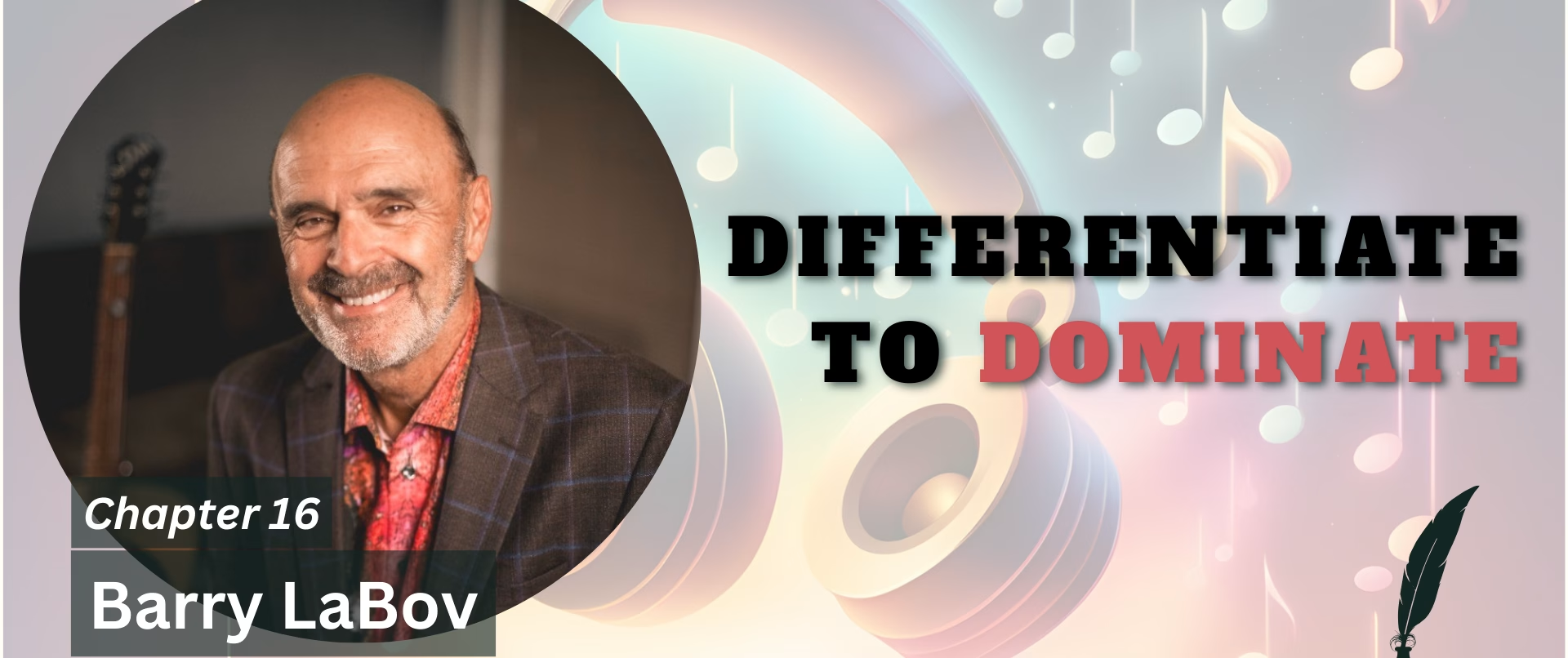I have done my fair share of interviews. I have been on both ends of the conversation. And as an introvert and overthinker, I am cautious of how the conversation is going. Here is what I have realized – a successful podcast interview goes way beyond asking questions.
It’s like a ping-pong game. It is about creating a dynamic that engages both your guests and the audience. Let’s explore in this article some interviewing techniques that improve your podcast experience.
The Importance of Active Listening
The thing that people applaud me the most about is active listening. And I don’t do it just because it is a “good conversation practice”. My goal at the end of each conversation is to actually understand what the person in front of me wants to say. Especially if it is about a job that needs to be done. For example:
Boss: “Nico, we need to accumulate the amount that we have in X, put it inside the value of Y and see if this will amount to the number we have received from activity Z.”
Me: “Let me see if I understand you, Boss. You need to check if X+Y=Z?”
Boss: “Exactly!”
As a host, actively listening to your guest ensures a more engaging conversation, rather than a rigid Q&A session. When you listen closely, you’re better equipped to pick up on key ideas and themes that your audience will appreciate. The trick is to summarize and repeat the last key point or topic your guest mentions. This technique benefits everyone involved.
For you as the host, summarizing reinforces the key takeaway. It makes it easier to retain important points for future discussions.
For your guests, it confirms that they’re being heard and understood. It is offering them a chance to add more context or clarify their statement.
For your audience, it delivers the main takeaway in a concise format, helping them grasp the conversation’s most important points.
This simple act of repeating the key idea keeps everyone on the same page.
Following Up on Key Topics
Following up is another “trick under your sleeve” that stands out during the discussion. Rather than moving on to the next question, take the opportunity to dig deeper into the topic. One of the seasoned podcast hosts I follow, Kevin Palmieri talks about it with Evan Carmichael in their episode.
When you follow up, you’re allowing the guest to expand on their original point, offering more details and insights. This not only adds depth to the conversation but also provides real-world examples. Your audience will appreciate these elaborations, as they make the content more relatable and actionable.
Keeping the Conversation Engaging
Engagement is key to keeping both your guest and audience involved in the conversation. One of the biggest mistakes podcast hosts make is sticking too closely to their list of pre-planned questions. Instead, aim for a conversational style that feels natural and open. Let the discussion flow based on the guest’s responses, and don’t be afraid to pivot into new areas that arise naturally. This prevents the interview from feeling robotic and keeps both your guest and audience more engaged.
Bonus Techniques
- Do thorough research beforehand: Familiarize yourself with your guest’s background, work, and key interests. This will help you craft meaningful questions that resonate with both your guest and audience.
- Maintain a conversational tone: Keep the conversation natural by using friendly language and showing genuine curiosity. Avoid sounding too formal or scripted.
- Use open-ended questions: Encourage your guest to share stories and in-depth insights by asking questions that can’t be answered with a simple “yes” or “no.”
- Allow for pauses: Don’t rush to fill silences. Sometimes, giving your guest a moment to think will lead to deeper and more reflective answers.
- Incorporate listener questions: Engage your audience by asking them to submit questions in advance, which you can include during the interview to make the session interactive.
- Watch body language and tone: For video podcasts, observe non-verbal cues that may indicate if your guest is uncomfortable or wants to expand on a point. Adjust your approach accordingly.
These techniques can add layers of engagement and make the podcast even more enjoyable.
Wrapping up
Honing your podcast interview skills can really elevate the whole experience. Techniques such as active listening, summarizing the essentials, and diving deeper into topics can turn a basic Q&A into an enthralling dialogue. It’s all about creating value for everyone involved – you, your guest, and the audience. Engage openly with your guests and watch as your podcast transforms into a platform that not only engages but also connects with your listeners on a deeper level.




Leave a Reply